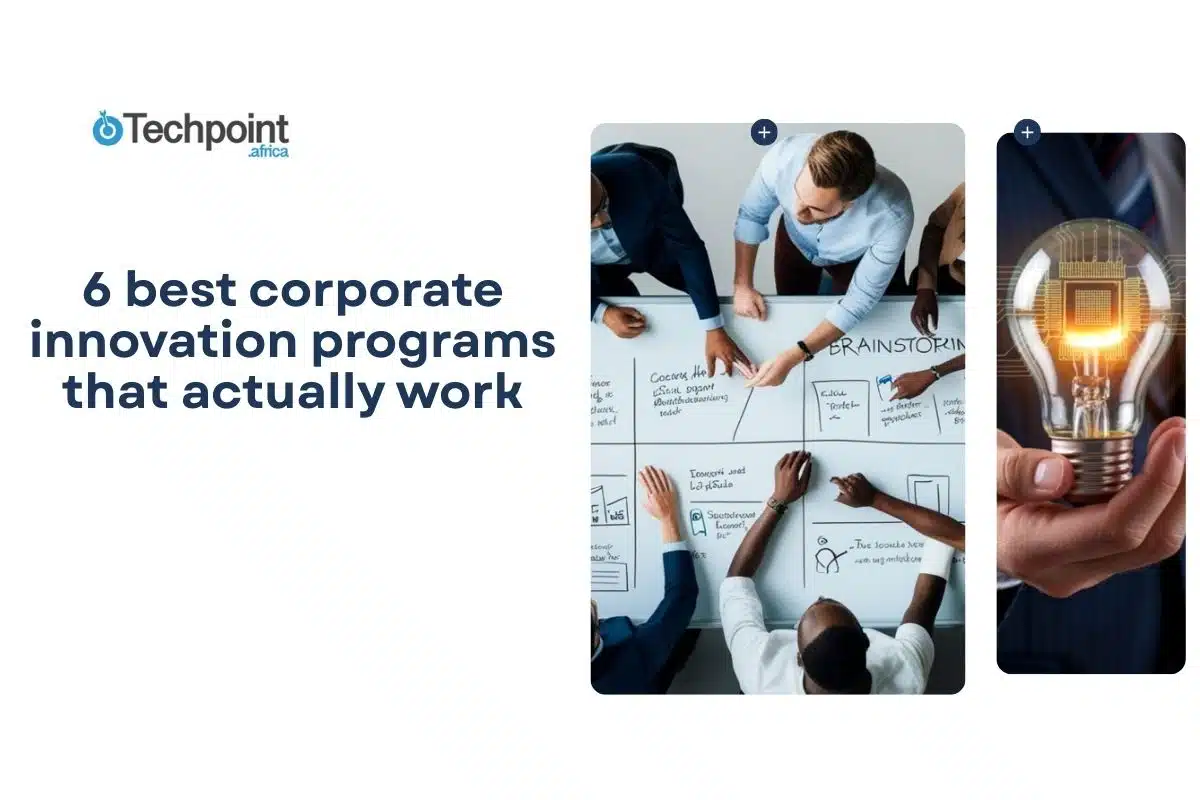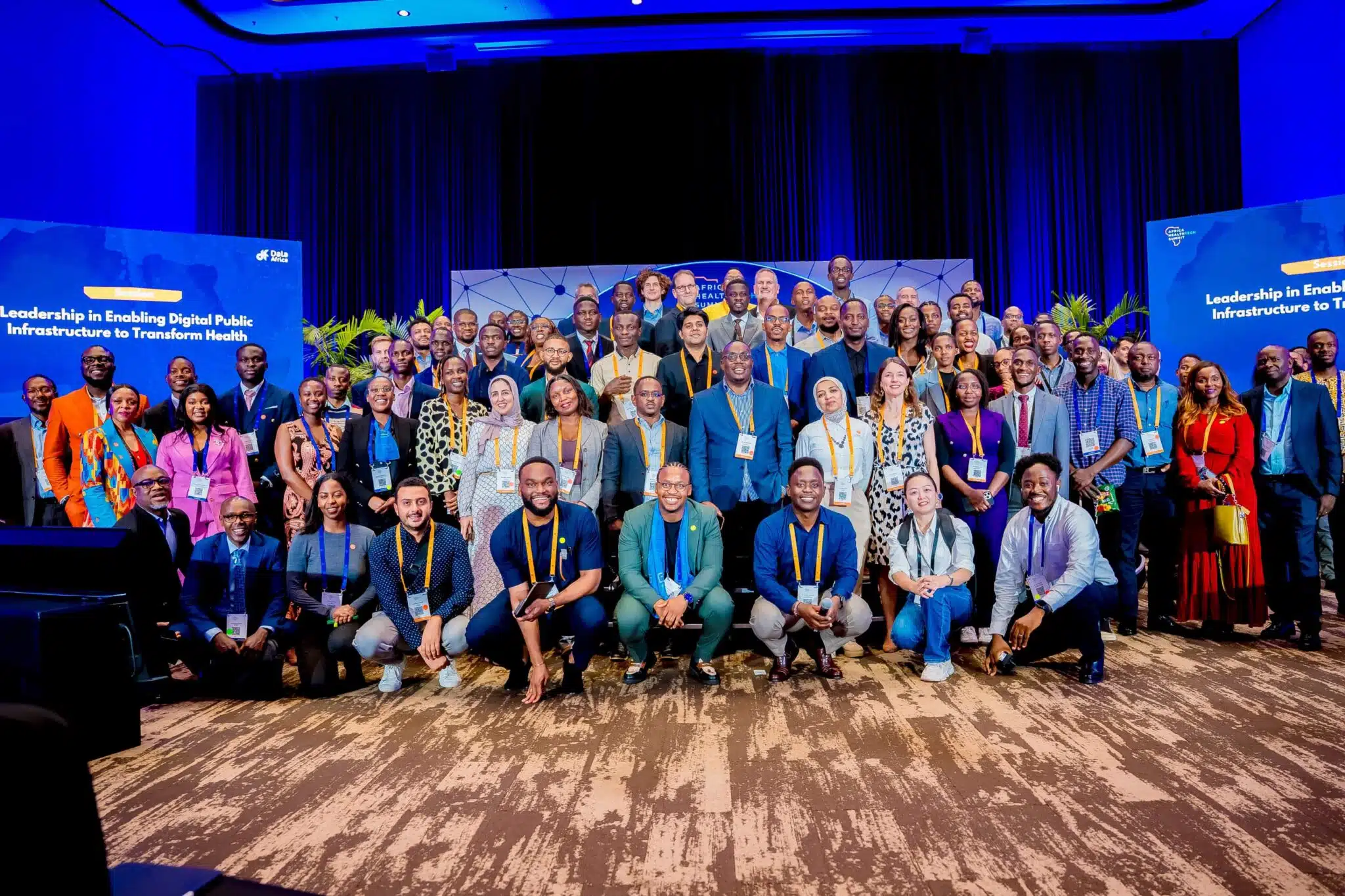As artificial intelligence, machine learning, and the Internet change global systems, children are growing up surrounded by screens, apps, and smart devices.
Children in Africa are not merely passive recipients of technology; they are actively engaging with it, learning from it, and increasingly influencing its development. This growing relationship between children and technology is paving the way for what could become Africa’s next significant economic revolution.
These children are empowered by digital culture, the Internet, and innovation. Kids as young as five are learning to code, create animations, and even build mobile apps. With the right tools and a culturally relevant approach, Africa is raising a generation that will not just partake in the global tech economy but also improve it.
The next generation of tech experts and startup founders
By 2030, Africa’s youth population is expected to reach 750 million. If even a fraction of these young minds is equipped with relevant tech skills, the continent could become a global force to reckon with.
Government initiatives and private companies are working to ensure that kids are well informed and involved in the tech ecosystem.
From introducing STEM education into the school curriculum to workshops, boot camps, and digital literacy programmes aimed at the younger generation, Africa is laying the groundwork for the future.
One of the most visible shifts is education. Traditional classrooms are slowly giving way to hybrid learning models that even encourage the use of interactive tools.
Dr Mories Atoki, Chief Executive Officer of the African Business Coalition for Health, stated at the Annual Youth Development Summit 2025 that “Access to technology tools isn’t just about financial resources; it’s about being engaged and open to change. The availability of online learning, both academic and vocational, is a game changer.”
Startups like uLesson, eLimu, Ubongo, Eneza, Afrilearn, SONA, and Zeraki are a few of those leading the charge, making education more accessible, engaging, and relevant.

Victoria Fakiya – Senior Writer
Techpoint Digest
Stop struggling to find your tech career path
Discover in-demand tech skills and build a standout portfolio in this FREE 5-day email course
Initiatives like Tech4Dev, SheCode Africa, and Teens Can Code provide platforms for young learners to acquire coding, robotics, and other tech skills. They also provide mentorship, which reinforces a growth mindset and exposes children to real-world tech applications.
From coding platforms like Code Afrique in Ghana to the CAFI tech hub in Lesotho, the Early Founders Incubator in Nigeria, and the STEM Code Africa boot camp in South Africa, several hubs are fuelling the young tech ecosystem.
A 2020 report by the World Economic Forum emphasises the importance of digital literacy for the future workforce, highlighting that 65% of children entering primary school today will eventually work in jobs that do not yet exist.
Hence, tech exposure now, especially through interactive tools, is vital for the future’s success.
Integrating tech into everyday life
The key to raising children who are innovative and proficient in tech lies in how it is integrated into their daily lives.
Engaging kids with technology is an integral part of growth and development, especially in this digital age. AI is taking over many things, and the world is becoming more Internet-centred every day.
As kids and teenagers use different software and digital tools, they become more active socially and mentally. This helps them foster cognitive flexibility, problem-solving, skills development, and creative thinking, which are very important.
These tech adoption tools also help them academically. According to different studies, children who engage with educational digital content show improvements in language, early literacy, and even mathematical skills.
Kids are most influenced by what they see, hear, and interact with. Leveraging this, parents can use digital platforms to stimulate interest and learning.
Apart from embedding tech into their everyday lives, parents can also get age-appropriate gadgets for kids. Coding kits come with curated content, STEM-based learning applications, and even parental controls to encourage healthy screen activity for kids and teens.
Being intentional about tech use, such as discussing how search engines work, exploring simple coding games, or building digital projects together, goes a long way toward deepening interest in tech and creating meaningful experiences.
Tech fields kids can explore
Outside the classroom and boot camps, kids can start by learning key skills that will help them enter the tech ecosystem or gain a solid footing in tech.
Basic skills include using search engines and presentation software, especially for schoolwork; Microsoft Word and Google Docs are good choices. Students can also explore simple design applications like Canva.
Coding and robotics are also essential skills kids can learn from a young age. Many self-taught coders from the early Internet era started by working on paper or spending nights at cyber cafes to access programming tutorials. Today, learning has become easier with resources like YouTube tutorials and ChatGPT.
Gaming is another way to get kids into the tech ecosystem. Of course, game development is also an interesting and important skill that kids can leverage.
Cloud computing, digital marketing, data analytics, blockchain technology, and Krum are also key skills that will be useful in crafting Africa’s digital future.
Content creation is another budding area of the African ecosystem that kids can enter. Creating age-appropriate content is another way to introduce kids to tech, as they learn skills like audience tracking, SEO, and analytics, and even strengthen their creative side.
AI is also no longer a futuristic buzzword; it is now integrated into almost every part of human life. From AI-powered learning assistants to voice-controlled smart toys, kids can learn subtle and innovative skills by leveraging AI.
Edtech platforms are also introducing AI education and machine learning basics for kids. Some schools are even integrating AI modules into their STEM curricula. The goal is to help them understand how AI works and how it can shape the future.
Odafe Mary, a school director, told Techpoint Africa that there is already a lot going on that children can leverage.
“Kids should have the consciousness that AI has come to stay, and if they want to build Africa’s digital future, then they have to tap into that. Of course, their parents have to be ready to back them on that.”
What does this mean for Africa’s digital future?
The African kids’ economy is a long-term investment for the continent’s economic and technological future. As tech becomes a universal language, African children are learning to speak through it, projecting the continent forward.
The African Union’s Digital Transformation Strategy for Africa (2020-2030) (PDF) outlines the continent’s vision to build a digitally empowered generation. With adequate guidance, skills, support, and awareness, this vision could become a reality.
It goes beyond teaching kids how to use devices; it’s a pathway to more advanced skills, paving the way for Africa’s next tech experts, innovators, and startup builders.











